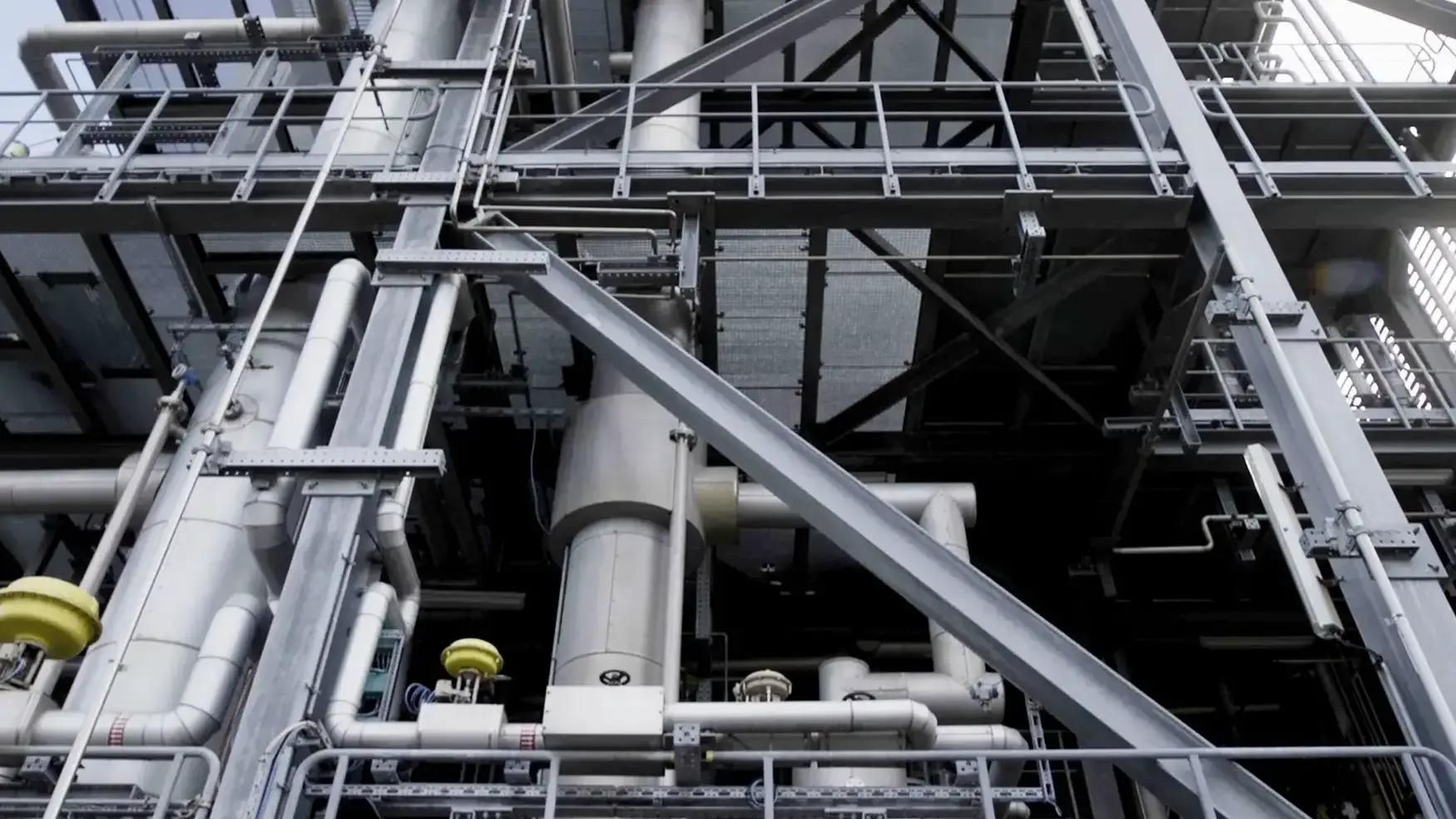Consumer preferences may shift with the seasons, but one trend endures: people want better-performing versions of their consumer electronics, electric vehicles, and more. While innovation drives demand, product availability is also a real deciding factor when it comes to purchasing behavior.
Predicting and preventing supply chain challenges has always been crucial – but it’s easier said than done. The 2020 semiconductor shortage crippled the market, causing months of production and delivery delays across the automotive, electronics, and renewable energy sectors. Today, the global battery industry faces similar risks with critical materials, including graphite, nickel and cobalt. By diversifying and localizing supply chains, we can safeguard the transition to electrification and avoid repeating past events.
Breaking the Graphite Dependency
All lithium-ion batteries currently in the market rely on graphite for anodes. Today, China controls 61% of global natural graphite supply and 98% of the processed material for battery anodes. This heavy reliance mirrors the risks seen during the semiconductor shortage, and leaves the battery industry vulnerable to supply disruptions.
In Group14’s early days, we tested silicon – an abundant natural element – and found it could complement or even replace graphite in rechargeable batteries with transformational performance boosts in both density and charging speed. By advancing silicon-based technology, we enhance battery performance and diversify the supply chain, reducing dependence on a single source of material.
Securing Silane for SCC55™
However, ensuring a steady supply of silicon is just part of the equation. We also need a reliable source of silane, the gaseous form of silicon Group14 uses as a critical precursor for manufacturing SCC55™. Silane gas is used in industries from solar to semiconductors and limited localized sourcing and production opportunities have made the silicon battery industry reliant on imports for access to silane.
Group14 acquired Europe’s leading silane factory and manufacturing technology, Schmid Silicon Technology Holding GmbH, in 2023 to bolster access for the silicon battery industry. This acquisition secured control over a vital resource, adding redundancy and mitigating potential supply chain bottlenecks.
In September, 2024, the U.S. Department of Energy (DOE) selected Group14 for an award negotiation of up to $200M for a U.S.-based silane manufacturing plant with an annual capacity of 7,200 metric tons. Because the largest global source of silane today is China, the supply of silane gas in the U.S. must be increased to secure the U.S. silicon battery industry. A new silane factory in Washington state will allow Group14 and other silicon battery companies in the U.S. to source this critical raw material domestically, to support EV-scale battery production and reduce foreign battery supply chain dependence.
Dual-Sourcing for Reliability
The concept of dual-sourcing has long been critical to industries like automotive, because it ensures that suppliers can deliver from multiple locations to minimize risk. Today’s OEMs demand this approach, especially amid frequent supply chain disruptions. That’s why we formed a joint venture with SK to build a Battery Active Materials (BAM) factory in South Korea, a hub for devices and EVs in Asia. As demand grows, we plan to build BAM factories near our customers, cutting down supply chain complexity and supporting local ESG goals.
Global manufacturing diversification is essential in navigating trade shifts, weather impacts, and market volatility. By sourcing materials from various locations, we help our customers ensure their batteries reach production lines without delay.
Building for Long-Term Success
At Group14, we’re committed to scaling globally while helping meet demand for renewable energy. From the start, we’ve optimized our business to ensure long-term success, positioning ourselves to navigate any future challenges in the battery industry.
A key part of our strategy is securing the availability of our silicon battery material, SCC55™, with production facilities worldwide. By de-risking not only our supply chain but also that of the global battery industry, we’re well-equipped to maintain consistent delivery—no matter what disruptions lie ahead.
